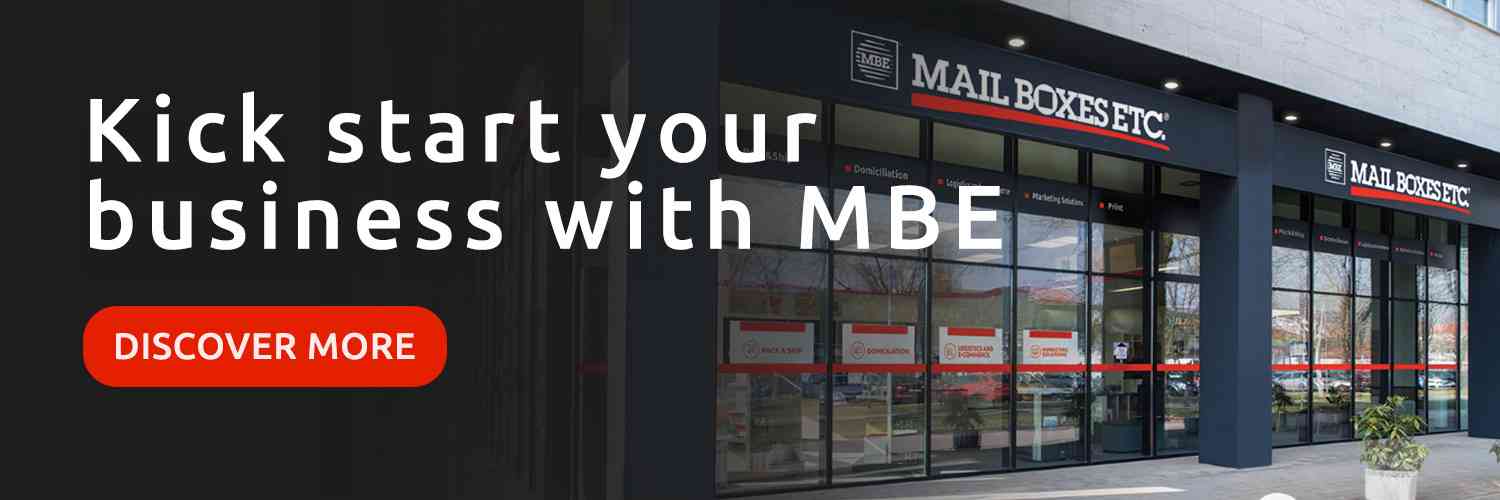What digitalization of business processes means
The term Digital Transformation today refers to the set of changes brought about by the application of digital technology to all areas of an organization, with the aim of optimizing processes to offer a satisfactory user experience.
First of all, by automating workflows through the use of software that improve the effectiveness of strategic processes, such as inventory and warehouse management, to make the company competitive on the market.
However, the digitization of the business process still seems to meet with reticence among established players and small companies: while aware of the need to adapt to the changes taking place, companies are struggling to innovate above all due to the investments required by new technology.
A defensive attitude in the face of globalization that often pushes SMEs to postpone their expansion plans in the name of economic security, to the detriment of the long-term sustainability of the business.
In the services and logistics sector, in particular, companies find it difficult to find resources for new development and innovation, thus rejecting the adoption of new forms of work organization and expansion in new locations. In this context, where the digitization of production, distribution and consumption processes is also investing in traditional activities and business models adopted by companies at a fast pace, franchising becomes an increasingly sustainable solution, offering convincing answers and assuming new forms.

Phygital and omnichannel: the new franchising challenges
"Phygital", combining "physical" and "digital" or "physical" and "digital", is imposed as a hybrid dimension to which it is necessary to reform the corporate reorganization process. A new form of marketing which, by taking care of optimizing the experience of purchasing processes through all touchpoints, imposes the need to review contracts and organization to create workflows that effectively integrate both online and offline.
This is a challenge that franchising is able to grasp by offering concrete answers to its customers and the market and preparing franchisees for an omnichannel vision: we are witnessing a new business morphology based increasingly on digital and on a 360° service which, through strategic tools, represents an extra gear for franchisees and consequently for SMEs.
Especially in a rapidly growing sector such as that of logistics in which more and more companies are investing, driven by the new purchasing habits of consumers and businesses and by new requirements related to the shipping sector, franchising can make the difference for SMEs and individuals.
Putting yourself at the center of this great flux as a strategic partner and reaping the benefits of the transformation underway to innovate your business offers the opportunity of gaining a significant market position.
The challenge for a Franchisor who works online is represented by the need to structure a coherent communication between online and offline: the retail phygital, that is the technology capable of mixing the online and the offline, aims to make the shops as interactive as possible in order to allow an optimal shopping experience.
The online e-commerce platform and the physical one expressed by the stores are in fact complementary assets in the offer of services within the global trade value chain. A necessary integration that will allow companies to support their growth efforts, guaranteeing their customers a fluid, fully integrated and seamless shopping experience.
Franchising MBE offers individuals and entrepreneurs a wide range of digitally integrated solutions for Logistics and E-commerce, Pack & Ship, Print and Marketing Solutions. An answer to encourage the digitalization of processes and offer added value to individuals and SMEs, with an integrated best-in-class offer benefiting business growth.




